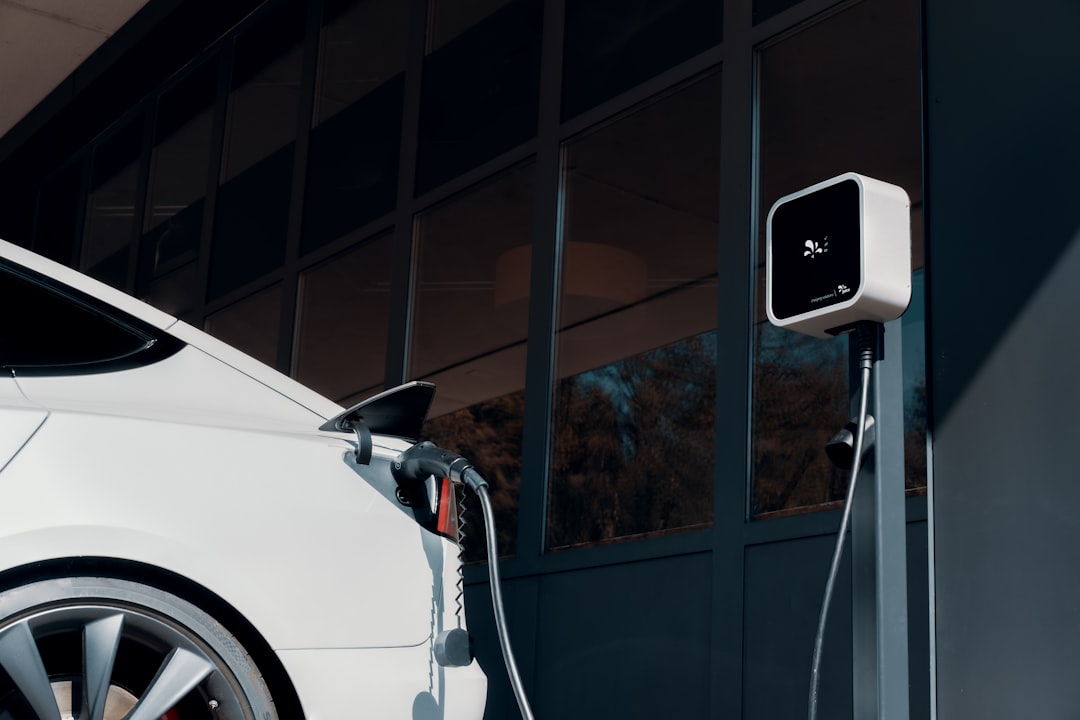In 2024, the automotive landscape is undergoing a seismic shift, driven by advancements in electric vehicle (EV) technology and an increasing emphasis on sustainability. Did you know that sales of electric cars surged by over 40% in 2023, according to Bloomberg Green? As we move forward, car buyers are faced with a crucial decision: should they invest in electric vehicles, hybrids, or stick with conventional gas-powered cars? In this article, we’ll explore the latest trends impacting your decision, providing insights into the benefits and drawbacks of each option.
The Rise of Electric Vehicles in 2024
Electric Vehicles: Leading the Charge
Electric vehicles are at the forefront of the green revolution. In 2024, EVs are expected to account for nearly 20% of global car sales, as reported by InsideEVs. With brands like Tesla, Rivian, and Lucid Motors pushing the envelope in battery technology and range capabilities, consumers have more choices than ever. Here are some key trends:
- Improved Battery Technology: Advances in solid-state batteries are set to increase range and reduce charging times. According to Battery University, some EVs will soon offer ranges exceeding 450 miles on a single charge.
- Expanding Charging Infrastructure: The global charging network is growing, with over 200,000 public charging stations expected by the end of 2024, according to Reuters Mobility. This expansion makes long-distance travel in an EV more feasible than ever.
- Government Incentives: Many countries are offering tax rebates and incentives for EV purchases, making them more financially attractive. Check your local government’s website for the latest updates.
How to Charge Your EV Efficiently
To maximize your EV’s potential, consider the following tips:
- Install a Home Charger: A Level 2 home charger can significantly reduce charging time compared to standard outlets.
- Utilize Public Charging Stations: Apps like PlugShare can help you locate nearby charging points.
- Take Advantage of Off-Peak Rates: Charging during off-peak hours can save money and reduce grid strain.
Hybrids: The Best of Both Worlds?
Why Hybrids Still Matter
Hybrids combine the benefits of electric and gas engines, offering flexibility and improved fuel efficiency. In 2024, hybrids remain a popular choice for those not ready to fully commit to electric. Here’s why:
- Fuel Efficiency: Many hybrids achieve over 50 mpg, making them ideal for city driving and long commutes.
- Lower Emissions: Hybrids produce fewer emissions than traditional gas cars, contributing to cleaner air.
- Versatility: With both an electric motor and a gas engine, hybrids offer peace of mind for longer trips without the need to worry about charging.
Top Hybrid Models to Consider
If you’re interested in a hybrid, consider these popular models:
- Toyota Prius: Known for its reliability and efficiency.
- Hyundai Ioniq: Offers a sleek design and advanced technology features.
- Ford Escape Hybrid: A versatile SUV option with great fuel economy.
Gas-Powered Cars: Still Relevant in 2024?
The Case for Gas
Despite the rise of EVs and hybrids, gas-powered cars are not fading away just yet. Here’s why they still hold appeal:
- Lower Initial Cost: Gas cars generally cost less upfront than EVs or hybrids.
- Wide Availability: With a broad range of models and options, buyers can find a gas car that fits their budget and needs.
- Familiarity: Many drivers prefer the traditional driving experience and the convenience of quick refueling.
What to Look for in a Gas Car
When considering a gas-powered vehicle, keep the following in mind:
- Fuel Efficiency: Opt for models with high mpg ratings to minimize fuel costs.
- Engine Performance: Consider the balance between power and efficiency.
- Resale Value: Check historical resale trends for the model you’re interested in.
Making the Right Choice for You
Consider Your Driving Habits
When deciding between EVs, hybrids, and gas cars, think about your driving habits:
- Commute Distance: For short commutes, an EV might be ideal. For longer distances, hybrids or efficient gas cars could be more practical.
- Access to Charging: If you have easy access to charging at home or work, an EV is more feasible.
- Environmental Impact: Consider how important reducing your carbon footprint is to you.
Future Trends to Watch
Looking ahead, expect continued innovation across all vehicle types. Watch for:
- Increased EV Range and Affordability: Ongoing battery innovations will drive down costs and extend range.
- Hybrid Evolution: New models will offer improved efficiency and features.
- Gas Car Technology: Advances in engine technology will make gas cars cleaner and more efficient.
Conclusion: The Road Ahead
As car buyers navigate the evolving automotive landscape in 2024, the choice between EVs, hybrids, and gas-powered cars will depend on individual needs, preferences, and values. Each option offers unique benefits and challenges, but one thing is clear: the future of transportation is headed towards electrification and sustainability.
Are you ready to make the switch to an EV, or do you prefer the familiarity of a hybrid or gas car? Share your thoughts in the comments below! As we look to the future, keep an eye on technological advancements and policy changes that will shape the next generation of vehicles. The journey towards a greener, more efficient automotive world is just beginning.

